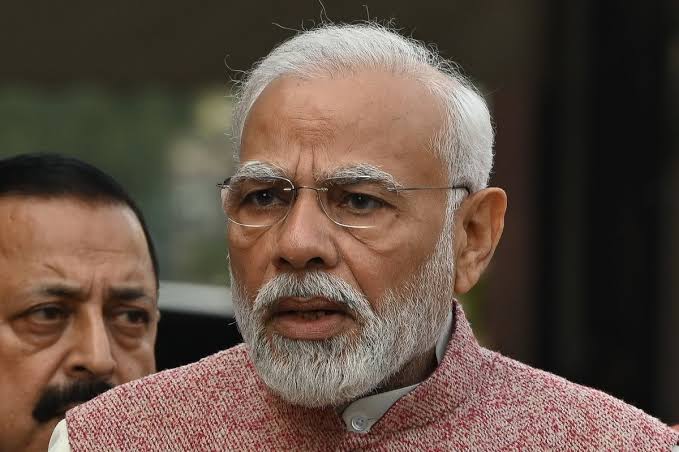Now is not the time for G-20 bickering as world faces economic chaos

Finance ministers and central bank governors from the Group of 20 (G-20) economies spent a recent meeting focusing on how to respond to the financial turmoil that erupted last month in the United States and Europe. And indeed, international collaboration is essential to prevent the global economy from stalling.
A regional bank in the United States collapsed, and in Europe, Credit Suisse, one of the world’s largest banks, was forced to merge with rival UBS when its existence was threatened. Financial markets were shaken and stock prices plummeted globally.
And all this happened against the backdrop of rapid interest rate hike in the U.S. and Europe to try to keep prices in check. Inflationary pressures are deep-rooted, and continued rate hikes could reignite economic instability.
One real concern in these circumstances is that developing countries with massive debts will be badly affected. Developing countries’ finances have deteriorated due to the coronavirus pandemic.
Many of their debts are denominated in U.S. dollars, and the burden of servicing it has increased as the U.S. Federal Reserve has raised its rates. Sri Lanka, for example, went into default because it could not make payments on its debt.
If the economic failures keep coming, they will disrupt global financial markets. Already, the International Monetary Fund is predicting that global growth could fall to 1% this year.
Amid this turmoil, the G-20 has failed to fulfill its role of supporting the global economy. Again this year, the Group did not issue a joint statement following the recent meeting, nor was there the usual summary produced by this year’s president, India.
This is due to the deep-rooted conflict between Japan, the U.S. and Europe on one side, and Russia and other countries on the other over Moscow’s war on Ukraine.
Unless the international community demonstrates a concerted response to the crisis, market uncertainty will continue. What is required of each country is flexible and agile policy management that can both avert a financial crisis and control inflation.
Efforts to address the debt problems of developing countries have been strengthened. Japan, India and other countries are holding meetings to discuss debt relief for Sri Lanka, which they hope to make a model case for other countries.
The focus of these talks will be on the country’s largest lender China, which has displayed a backward-looking attitude to debt alleviation. No truly effective measures can be expected without Beijing’s cooperation.
The G-20 member states have varying political systems. At the summit after the collapse of Wall Street investment bank Lehman Brothers in 2008, developed and emerging economies cooperated to pave the way for overcoming the resulting global financial crisis.
It is the responsibility of major countries to work together for global economic stability, even if they are politically at odds. It is precisely at times of global concern that multilateral frameworks must do their jobs.




